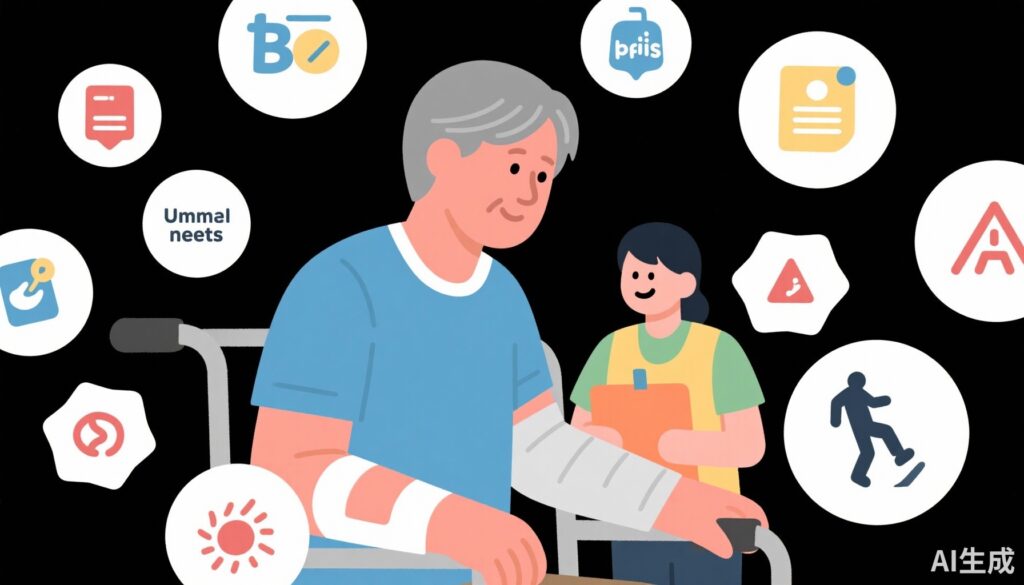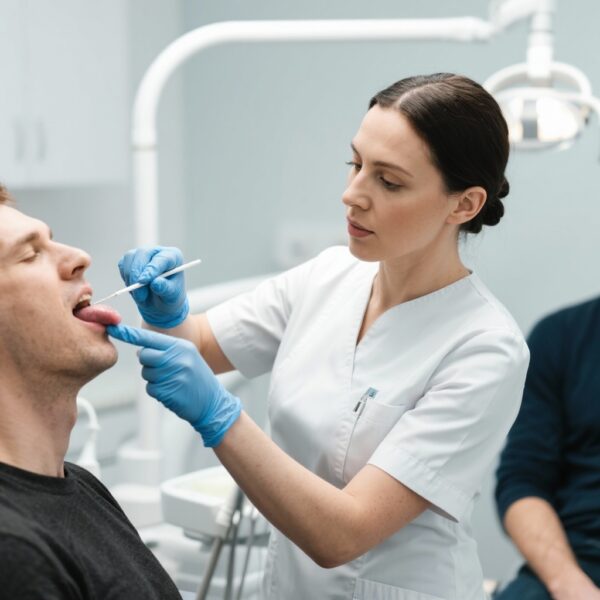Introduction
Stroke is a major cause of adult disability worldwide, with survivors often facing a spectrum of unmet needs that persist long after the acute event. These needs encompass areas such as assistance with daily activities, psychological support, and access to rehabilitation services. While studies from Western populations have documented the negative impact of these unmet needs on quality of life (QoL), data within the Western Pacific region, particularly Korea, remain limited.
This article critically examines a recent cross-sectional study conducted in South Korea that assessed the prevalence of long-term unmet needs among stroke survivors, their association with QoL, and implications for community-based care strategies.
Study Background
Stroke constitutes a significant health burden in Korea, with increasing survival rates leading to a growing population of individuals living with post-stroke disabilities. Despite advancements in acute stroke management, many survivors face unmet needs that influence recovery trajectories and long-term well-being.
Previous evidence suggests that unmet needs are associated with reduced QoL, but these findings predominantly originate from Western contexts. Cultural factors, healthcare system differences, and social support structures can modulate these relationships, underscoring the importance of localized data.
Study Design and Methods
A cross-sectional survey was conducted involving 1002 stroke survivors admitted to four Regional Cardiocerebrovascular Disease Centers in Korea between January 2015 and December 2019. Participants spanned a broad age range and varying degrees of stroke severity.
Unmet needs were evaluated through items adapted from the Longer-term Unmet Needs after Stroke (LUNS) questionnaire, capturing domains such as benefits application, daily activity advice, and psychological concerns. QoL was measured using the EuroQoL 5-dimension, 3-level (EQ-5D-3L) questionnaire. Participants with EQ-5D index scores in the lowest quartile were classified as having low QoL.
Statistical analysis involved multiple logistic regression models to identify factors independently associated with low QoL, including the number of unmet needs, unmet rehabilitation needs, and functional status as assessed by the Modified Rankin Scale (mRS).
Key Findings
The study revealed that an overwhelming majority (94%) of participants experienced at least one unmet need. Unmet rehabilitation needs were reported by 33% of the cohort, indicating substantial gaps in ongoing care. The most common unmet needs included help with benefits application (49%), advice on daily activities (47%), and fear of falling (38%).
A significant association was observed between unmet needs and low QoL: each additional unmet need increased the odds of low QoL by 17% (OR=1.17, 95% CI: 1.10-1.24). The presence of unmet rehabilitation needs was linked to a 71% higher likelihood of low QoL (OR=1.71, 95% CI: 1.10-2.64). Higher mRS scores, indicating greater disability, were also strongly associated with lower QoL (OR=2.82, 95% CI: 2.35-3.39).
These findings underscore that unmet needs—particularly those related to rehabilitation—are significant determinants of QoL among stroke survivors.
Expert Commentary
The results reinforce the critical importance of long-term, comprehensive care models that address not just medical needs but also psychosocial domains. Cultural attitudes toward disability and social support structures shape how unmet needs influence QoL, suggesting that tailored community interventions are necessary.
Limitations include the study’s cross-sectional nature, which precludes causal inference, and possible selection bias, as participants were recruited from specialized centers. Moreover, the relatively younger and less severe stroke population limits generalizability to broader patient groups.
Despite these limitations, the data advocate for integrating systematic long-term needs assessments into stroke rehabilitation programs and expanding community-based support systems. Policy initiatives should prioritize accessibility, psychological support, and functional recovery to optimize QoL outcomes.
Conclusion
Addressing long-term unmet needs, especially those related to rehabilitation and daily living support, can markedly enhance the quality of life in stroke survivors. Development of community-centric, culturally sensitive care pathways is vital. Future research should explore longitudinal relationships and intervention efficacy across diverse demographic groups.
Funding for this research was supported by national health research grants. Continued efforts in cross-cultural validation and longitudinal studies are necessary to refine strategies that best serve stroke populations worldwide.
This study provides vital insights into the persistent challenges faced by stroke survivors and offers a compelling case for comprehensive, community-based post-stroke care solutions.



